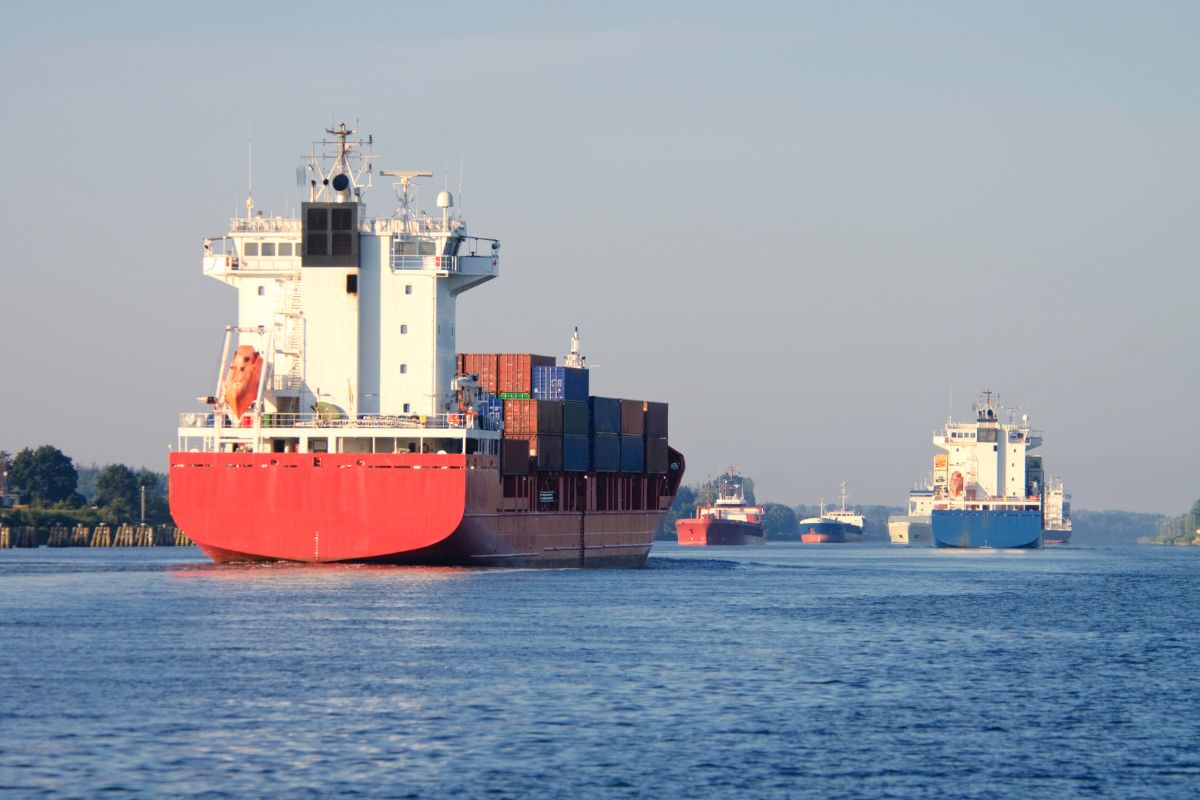The Directorate General of Shipping is set to mandate that all major ports handling over 10 million tonnes of cargo annually, or those operating two or more tugs, must designate at least one sea-going tug for emergency response operations. This directive, spurred by recent shipping disasters off the coast of Kerala, underscores the critical need for immediate, localised maritime emergency capabilities to prevent environmental catastrophes and protect coastal communities.
The proposed regulation comes in the wake of two high-profile incidents off Kerala in May and June 2025: the sinking of container ship ‘MSC ELSA 3’ and a major fire and explosion on ‘WAN HAI 503’. Both incidents resulted in containers falling overboard, some carrying hazardous cargo, posing severe environmental risks due to the potential release of pollutants. These events starkly exposed critical gaps in India’s existing emergency response mechanisms, highlighting the imperative for rapid deployment of emergency towing vessels (ETVs) for firefighting, towing stricken vessels away from the coast, and containing spills. Currently, India’s national emergency towing capabilities are centralised, with two sea-going ETVs strategically positioned in Mumbai and Chennai, operated by the Directorate General of Shipping in agreement with the respective Port Authorities.
While these vessels are crucial national assets, their geographical limitations often lead to delayed responses, especially for incidents occurring beyond their immediate operational range. The new mandate aims to decentralise these critical resources, integrating them at the port level to provide a swift, first line of defence until specialised salvors and broader national resources, like the Indian Coast Guard and Navy, can be fully mobilised. The draft notice, currently open for stakeholder consultations, specifies that the mandated tugs must be certified for Indian coastal operations and possess robust emergency towing and firefighting capabilities. This requirement ensures that ports are equipped to handle a range of maritime emergencies, from disabled vessels requiring towing to onboard fires. The tug, while primarily engaged in routine port operations such as berthing and unberthing of ships, must maintain constant operational readiness to respond immediately to contingencies including oil spills and other maritime accidents.
Ports covered by this forthcoming mandate will be required to ensure the deployment of at least one such sea-going tug within 90 days of the final notice’s issuance. Furthermore, each port must submit an Emergency Tug Deployment Plan (ETDP). This comprehensive plan will detail operational responsibilities, establish clear communication protocols, and outline standard operating procedures for various emergency scenarios, ultimately integrating into the overarching Port Disaster Management Plan. This structured approach aims to ensure a coordinated and effective response to any maritime incident within a port’s jurisdiction. The financial onus for deploying these tugs during emergency operations will fall upon the owners or insurers of the vessels involved in the incident. The ports retain the authority to stipulate tariffs for the utilisation of these resources during emergencies, ensuring a sustainable operational model for this enhanced safety infrastructure.
The Directorate General of Shipping has emphasised that this mandate is not a mere procedural formality but an essential safety obligation, integral to comprehensive disaster management. This initiative is a critical component of India’s broader strategy to modernise its maritime safety infrastructure and align with international best practices. With India’s expanding maritime trade leading to increased vessel traffic, higher cargo volumes, and elevated navigational risks along its extensive coastline, the availability of prompt maritime salvage and emergency towing capabilities is paramount. The decentralisation of emergency response resources at the port level will significantly enhance India’s resilience to maritime incidents, thereby supporting safer and more sustainable port operations across the nation. This progressive step contributes to the larger vision of resilient, eco-friendly maritime cities by mitigating the environmental damage from shipping accidents.
Also Read :Palghar Completes Drone Survey for Rs 76 000 Crore Vadhavan Port Project


